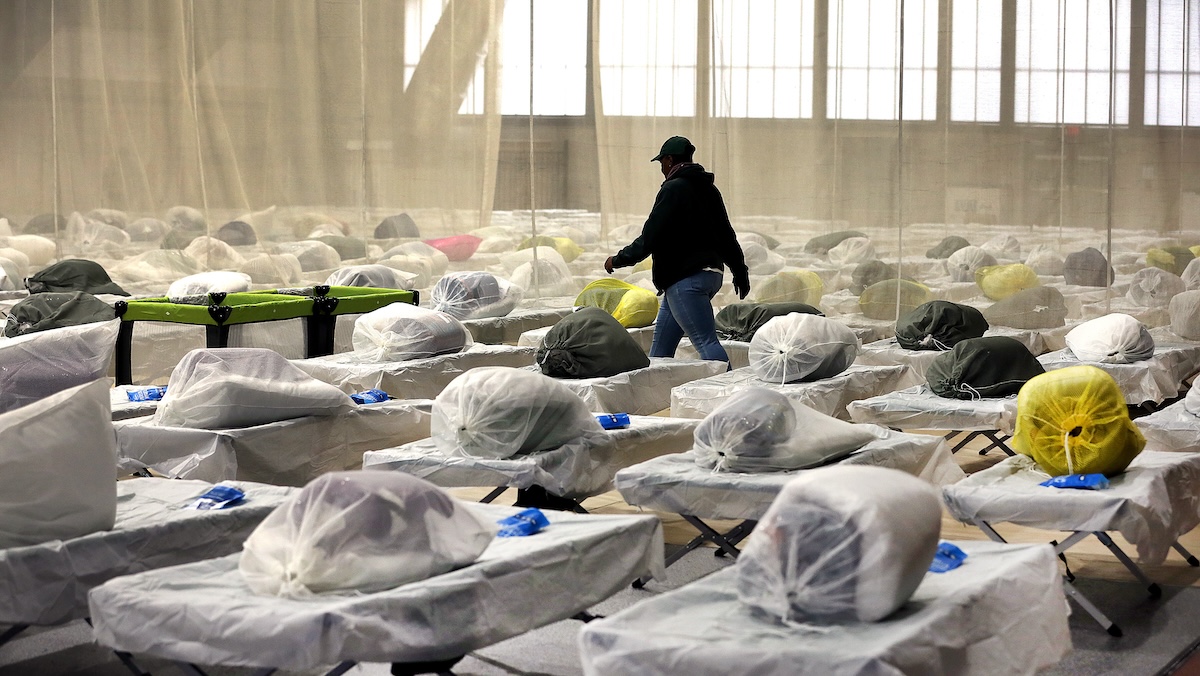Some 32 years to the day after Pan Am Flight 103 exploded over Lockerbie, Scotland, the Justice Department has filed charges against the man alleged to have built the bomb.
The DOJ has charged Abu Agela Masud in federal court in Washington, Attorney General William Barr said at a news conference Monday. He faces charges of destruction of an aircraft resulting in death, and destruction of a vehicle by means of an explosive resulting in death.
Masud is in Libyan custody, Barr said, adding that the government would work with Scotland to try and bring him to the United States for trial. Barr said he was "optimistic" the Libyans would turn Masud over.
The Dec. 21, 1988 act of terrorism killed 270 people, among them 35 students from Syracuse University returning from a semester abroad, plus a number of other New York and New Jersey residents.
Former Libyan intelligence officer Abdel Baset al-Megrahi was convicted of plotting the bombing in 2001; he was released from a Scottish jail in 2009 on humanitarian grounds due to cancer, and died in 2012.
Masud conspired with Megrahi to build and plant the bomb, Barr said.
U.S. & World
"We are justified, vindicated, our patience and persistence has proved fruitful with this decision today," Kara Weipz, the sister of Flight 103 victim Richard Monetti, and president of a group for victims' families, said at the DOJ news conference.
Read the FBI affidavit in support of the charges against Masud:
The charges were announced on the 32nd anniversary of the bombing and in the final news conference of Attorney General William Barr's tenure, underscoring his personal attachment to a case that unfolded during his first stint at the Justice Department.
He announced an earlier set of charges against two Libyan intelligence officials in his capacity as acting attorney general nearly 30 years ago, vowing that the investigation would continue. Though Barr had not appeared at a press conference in months, he led this one two days before his departure as something of a career bookend.
In presenting new charges, the Justice Department is revisiting a case that deepened the chasm between the United States and Libya, laid bare the threat of international terrorism more than a decade before the Sept. 11 attacks and produced global investigations and punishing sanctions.
In 1992, the U.N. Security Council imposed arms sales and air travel sanctions against Libya to prod Col. Moammar Gadhafi, the country’s leader, into surrendering the two suspects.
But the Libyan government balked at surrendering the men to the U.S., skeptical they could receive a fair trial. Libya ultimately turned them over for prosecution before a panel of Scottish judges sitting in a Netherlands court.
One man — former Libyan intelligence official Abdel Baset al-Megrahi — was convicted, and a second Libyan suspect was acquitted of all charges. Al-Megrahi was given a life sentence, but Scottish authorities released him on humanitarian grounds in 2009 when he was diagnosed with prostate cancer. He later died in Tripoli.
The Pan Am flight exploded over Lockerbie less than an hour after takeoff from London on Dec. 21, 1988, en route to New York City and then Detroit. Among the Americans on board were 35 Syracuse University students flying home for Christmas after a semester abroad.
The attack was the latest flare of tension between Libya and Western nations, including the U.S. In the years before the flight, for instance, Libya was blamed for the bombing of a West Berlin discotheque that killed two American soldiers and injured dozens of others.
It wasn’t until 2003 that Gadhafi and Libya accepted responsibility for the Pan Am disaster, with the country formally taking blame and reaching a $2.7 billion compensation deal with the victims’ families. Sanctions were lifted and, in 2006, the Bush administration removed Libya from its list of state sponsors of terrorism and restored diplomatic relations with the country.
Besides Barr, another key figure in the Lockerbie investigation was Robert Mueller, who was the Justice Department’s criminal chief at the time the first set of charges was announced. Mueller would later become FBI director and special counsel in charge of the investigation into ties between Russia and the 2016 Trump campaign.
The Associated Press contributed to this report.



